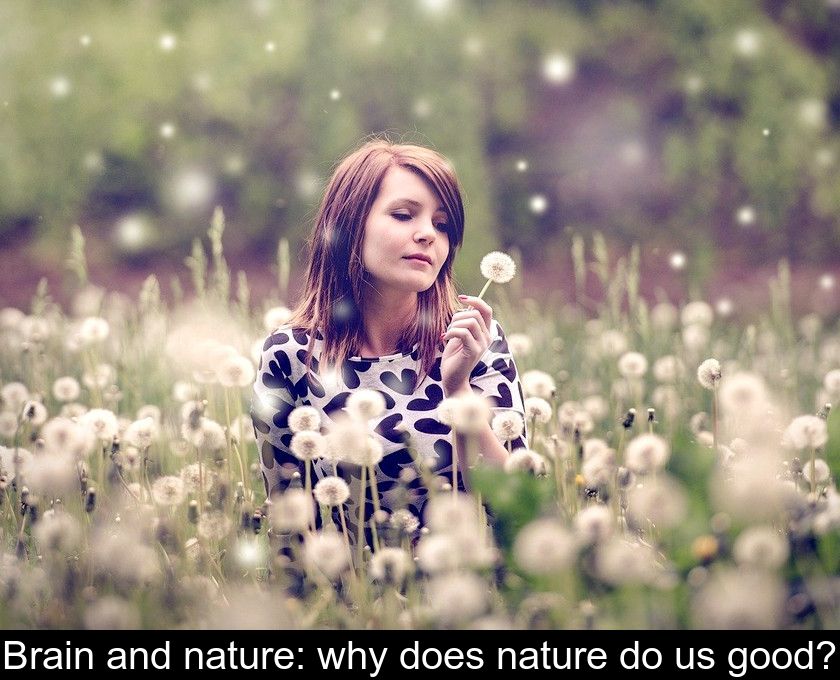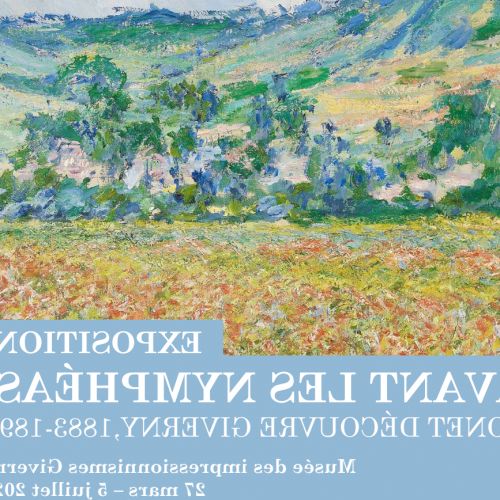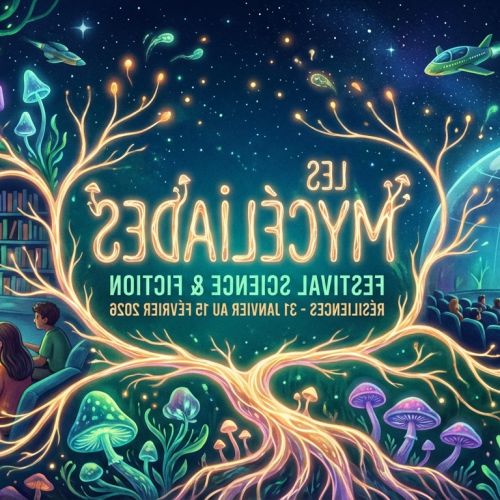Brain And Nature: Why Does Nature Do Us Good?
After having experienced 'the lack of nature' during the first confinement of March 2020, the researcher Michel Le Van Quyen was interested in the effects of nature on our brain. In a book published by Flammarion in February 2022, he explains why contact with the natural environment is good for us.
Humans are increasingly disconnected from their natural environment
Today, more than 50% of the world's humans, or about 4 billion people, live in cities.
As urbanized areas gain ground around the world, this will be the case for two-thirds of the world's population by 2050.
While living in cities has several advantages because urban areas concentrate all the amenities and intense cultural life, the big disadvantage of the city lifestyle is that we lose touch with our natural environment.
In cities, we lose the habit of living in the middle of natural spaces and other living species, even to the point of developing phobias towards certain animals like insects, snakes or spiders.
Nature is our home
Even though we tend to forget it from living in the city, nature is our home environment.
Our species has lived in natural wilderness areas for tens of thousands of years and it is in this environment that our brains were built and evolved.
As we all experienced during the first March 2020 containment, our brain can feel 'the lack of nature' when deprived of contact with the outside world and natural elements.
Following his own experience of confinement, Michel Le Van Quyen, who is director of research at INSERM and works at the Biomedical Imaging Laboratory (LIB), wondered about this need for nature and about the brain mechanisms at work when we find ourselves in a forest, facing the sea or a starry sky...
In his book Cerveau et nature, pourquoi nous avons besoin de la beauté du monde, published on February 16, 2022 by Flammarion, he explains:
'Our environment has abruptly changed from green to gray, but not our brain. It still remains largely that of a hunter-gatherer of the green steppes of our Paleolithic origins.'
The effect of nature on our brain is scientifically proven
Based on his personal experience during the first confinement, Michel Le Van Quyen looked at the scientific research that demonstrates the beneficial effects of nature on our brain.
In his book Brain and Nature, he explains that nature regenerates our brain and that this effect has been demonstrated by numerous neuroscientific studies.
In other words, it's perfectly normal to need to get out of the city and dive into nature regularly to feel good. So it's no surprise that the real estate market for country and Seaside homes has boomed since the pandemic...
How to take advantage of nature to recharge your batteries?
When we feel tired, we are often tempted to stay in bed, on the couch and/or in front of the television to 'rest'... And yet, it is more effective to go for a walk in the forest, to watch the sunrise or to go to the Seaside to let your mind wander in front of the horizon.
The benefits that we instinctively feel when we are in contact with nature, for example when we go hiking or swimming in a lake or in the sea, are explained by neurological mechanisms.
According to Michel Le Van Quyen, nature resources us: 'it infuses us with its energy and momentarily suspends our preoccupations and inner conflicts'.
Outdoor activities and contact with the natural environment, whether it is Gardening or outdoor sports, provide us with positive emotions that evacuate stress and increase well-being.
To learn more, we invite you to read Cerveau et nature, pourquoi nous avons besoin de la beauté du monde (Editions Flammarion, 2022, 20€).
This salutary book reminds us that the experience of nature is essential for our brain. In this essay, the author also takes the opportunity to awaken readers to the environmental cause and the need to protect the environment.








